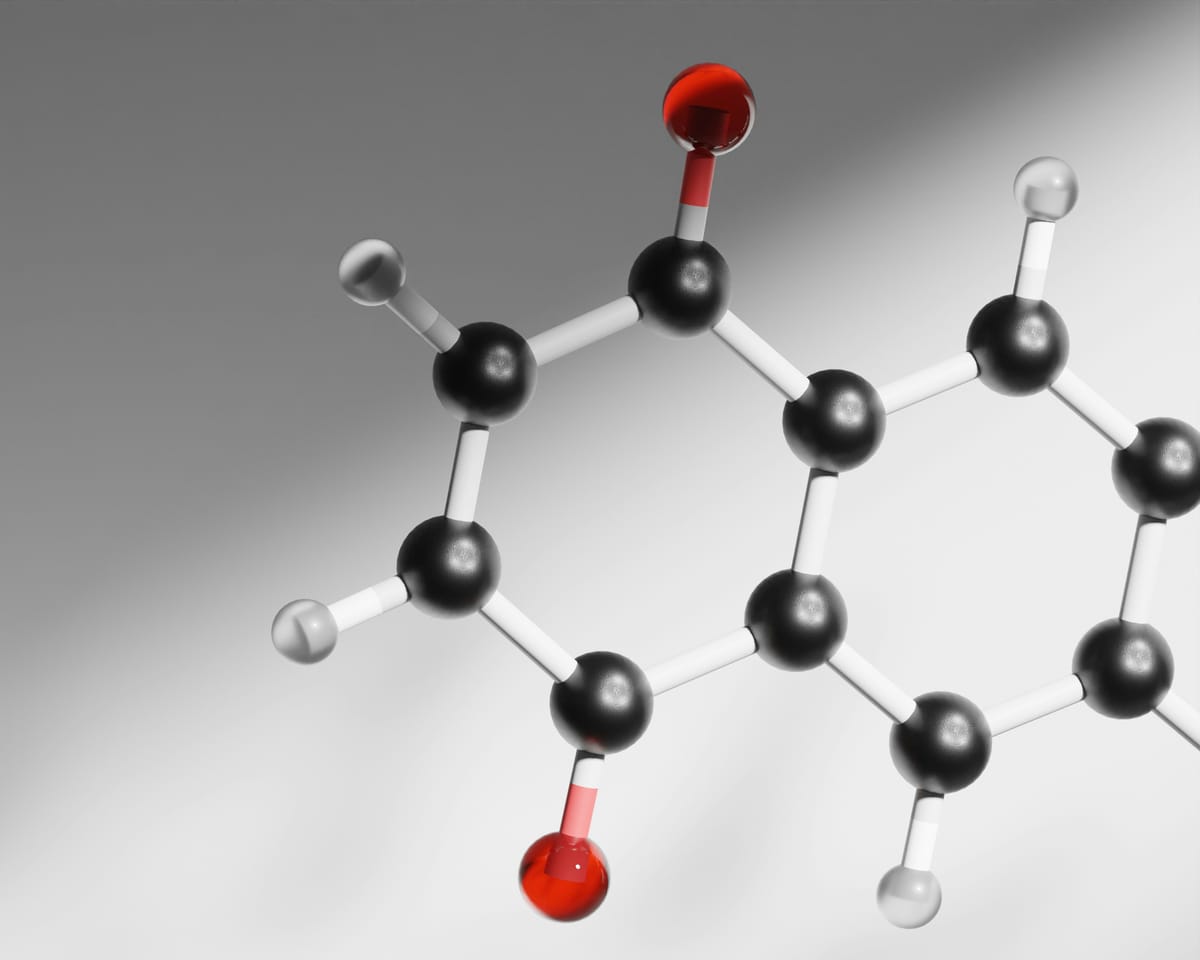"World's most powerful" quantum AI drug discovery model unveiled
System generates simulated novel molecules "in silico" so that lab researchers can test them in the real world.

French researchers have unveiled the "world's most powerful" drug-designing quantum AI model.
Qubit Pharmaceuticals, a deeptech company specialising in the discovery of new drug candidates, said its model could help to discover new therapeutics at a "fraction" of the time and cost of current drug discovery systems.
The quantum AI model, developed in partnership with Sorbonne University, is capable of modelling and simulating the behaviour of molecules with a high level of precision and computational speed to "massively reduce" the expense of developing new molecules in the lab.
"This simulation method would reduce the cost of the drug discovery phase enormously," said Jean-Philip Piquemal, Professor at Sorbonne University and Director of the Theoretical Chemistry Laboratory at the Sorbonne University and co-founder and Scientific Director of Qubit Pharmaceuticals.
"The model is as accurate as the experiment; we can generate a huge number of new ideas, failing quickly and cheaply ‘in silico’ before moving on to laboratory testing with molecules that have passed the tests with flying colours."
READ MORE: How will Donald Trump's tariffs impact the quantum sector?
A quantum leap for drug design?
The team drew on supercomputing power from GENCI, EuroHPC and Argonne to create a foundational model called FeNNix-Bio1, which was trained on the "world's most accurate molecular chemistry database".
This model is capable of building biomolecules in "Lego-like fashion" and learns how molecules interact with each other.
FeNNix-Bio1 proved its mettle by completing the notoriously difficult task of simulating the physical behaviour of water in its various phases.
This task is critical because water is the main solvent in the human body and its interaction with drugs plays a key role in their effectiveness.
One of the special features of the model is its ability to model the reactivity of molecules (its ability to create or break chemical bonds) enabling it to design covalent drugs which bind directly to the target through a chemical bond.
Beyond Google AlphaFold
The Sorbonne University research team that developed FeNNix-Bio1 set itself the goal of beating the capabilities of AlphaFold from Google DeepMind, which predicts protein structures based on their amino acid sequence
Piquemal added: "AlphaFold has revolutionised protein structure prediction. However, proteins are not static, and their structures evolve over time, modifying drug interactions. FeNNix-Bio1 makes it possible to model these dynamic effects.
"In addition, AlphaFold does not accurately model the interactions of proteins with drug candidates. FeNNix-Bio1 addresses these two important limitations for biomolecular simulation."
Predicting a drug's ability to bind to a protein (or RNA and DNA) is one of the most complex tasks in drug discovery.
READ MORE: When will quantum computing have its "ChatGPT moment"?
The number of drug molecules that can be designed is infinite and they have roughly 100,000 targets - creating trillions of possible combinations, which is far too many to store in a database.
The FeNNix-Bio1 researchers developed neural network approaches adapted to applications in chemistry and physics, rather than using LLMs (Large Language Models).
FeNNix-Bio1 can be trained in a few hours using a standard GPU, whereas other AI models require weeks of supercomputing time.
"We're aiming at complex targets, those for which the pharmaceutical industry doesn't provide a solution for patients," said Robert Marino, CEO of Qubit Pharmaceuticals.
The company is currently working on projects involving oncology and inflammation, including one that focuses on breast cancer.
Do you have a story or insights to share? Get in touch and let us know.




